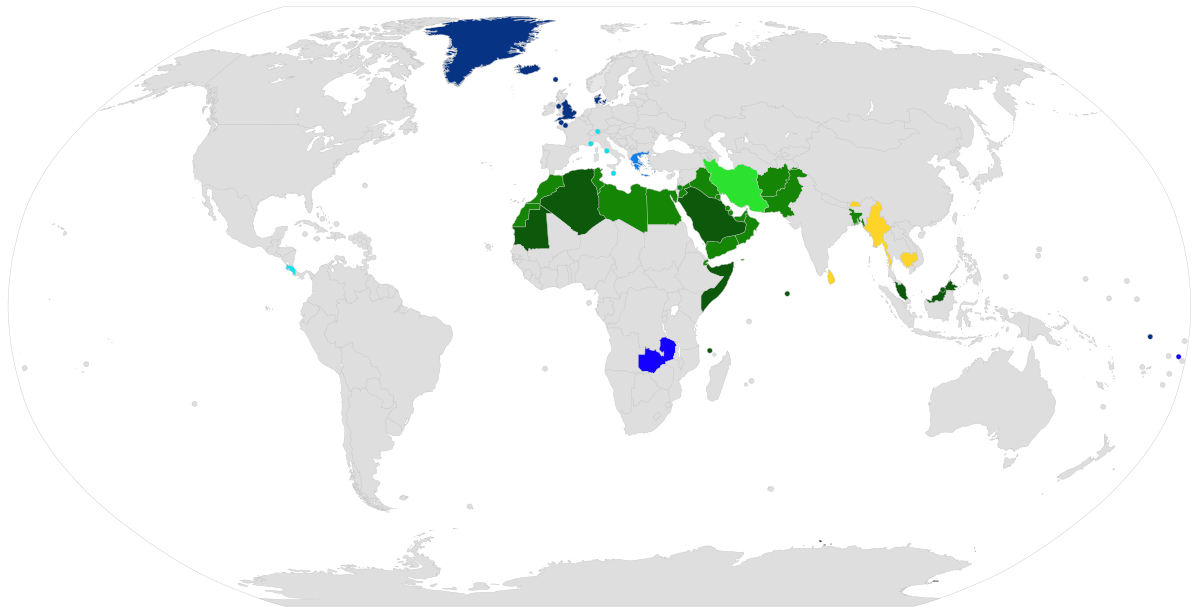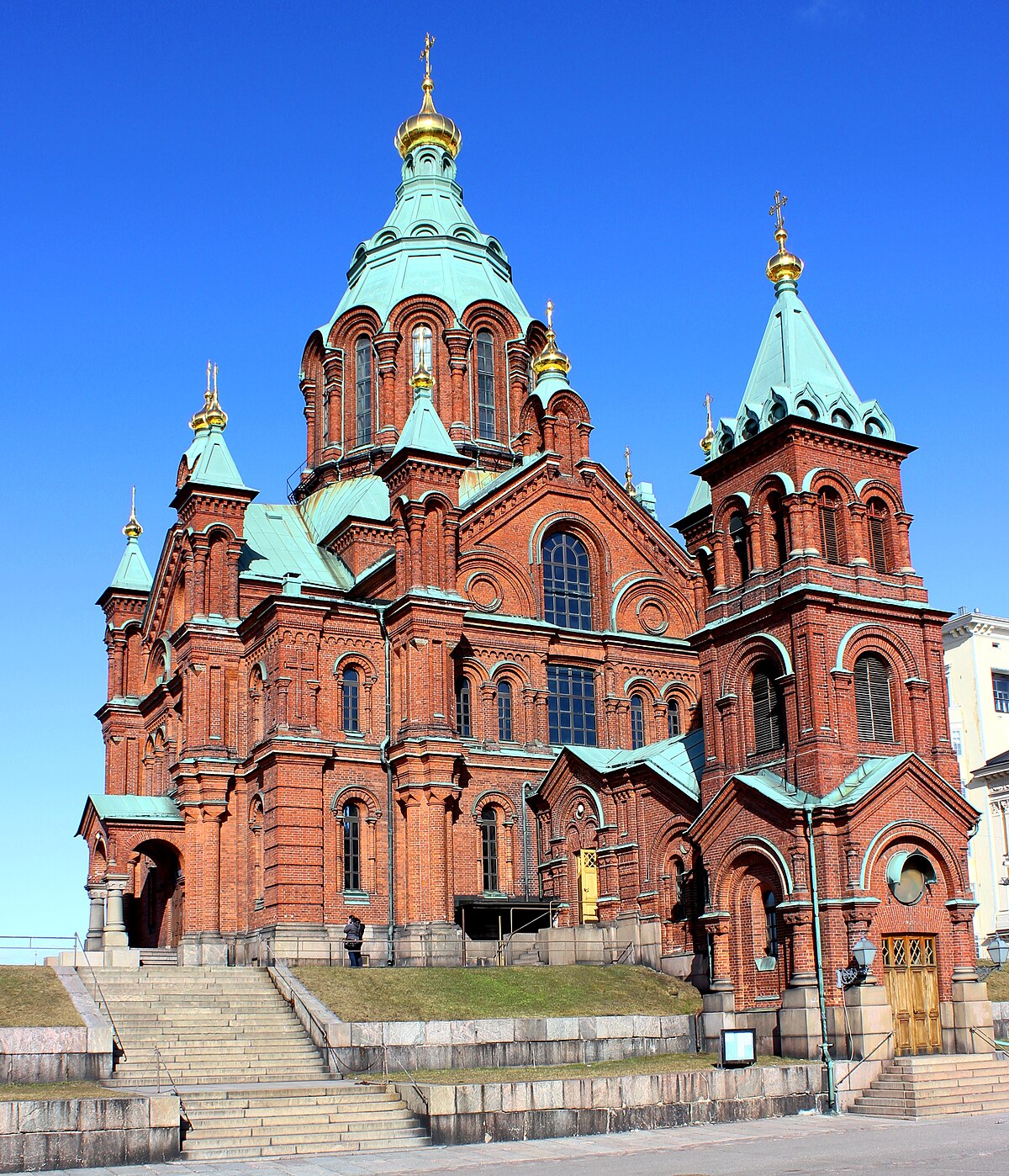I mean, maybe the Orthodox aspect is the differentiating factor?
There's only a small handful of countries that have it heavily incorporated.
Interestingly enough, the headline itself may be a tad misleading.
By saying "they were the first orthodox christian country to grant such rights"...
If the "Eastern" part was implied, then there's a reason why they're the first, it's because they're the only one lol
View attachment 343949
(countries like Georgia, Cyprus, and Bulgaria have some levels recognition for it, but don't have it as an official state religion like Greece)
If they meant that Greece was the first one that simply has any Orthodox church (including offshoots) established as the official state religious entity, then the headline would be factually inaccurate

en.wikipedia.org
The Orthodox Church of Finland or Finnish Orthodox Church (Finnish: Suomen ortodoksinen kirkko, lit. 'Finnish Orthodox Church';[2] Swedish: Ortodoxa kyrkan i Finland, lit. 'Orthodox Church in Finland'[3]) is an autonomous Eastern Orthodox archdiocese of the Ecumenical Patriarchate of Constantinople. The church has a legal position as a national church in the country, along with the Evangelical Lutheran Church of Finland.[4]
(Finland legalized it in 2017) -- and technically, Finland actually has that official recognition split between Finnish Orthodox and The Finnish Lutheran Church.


